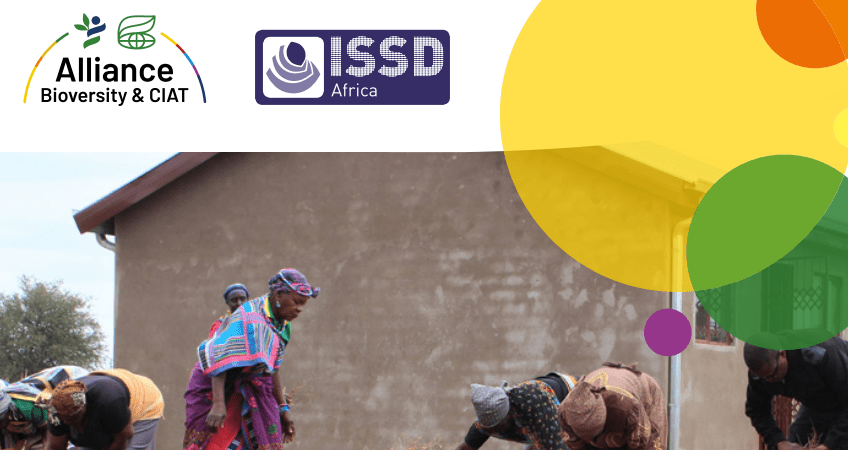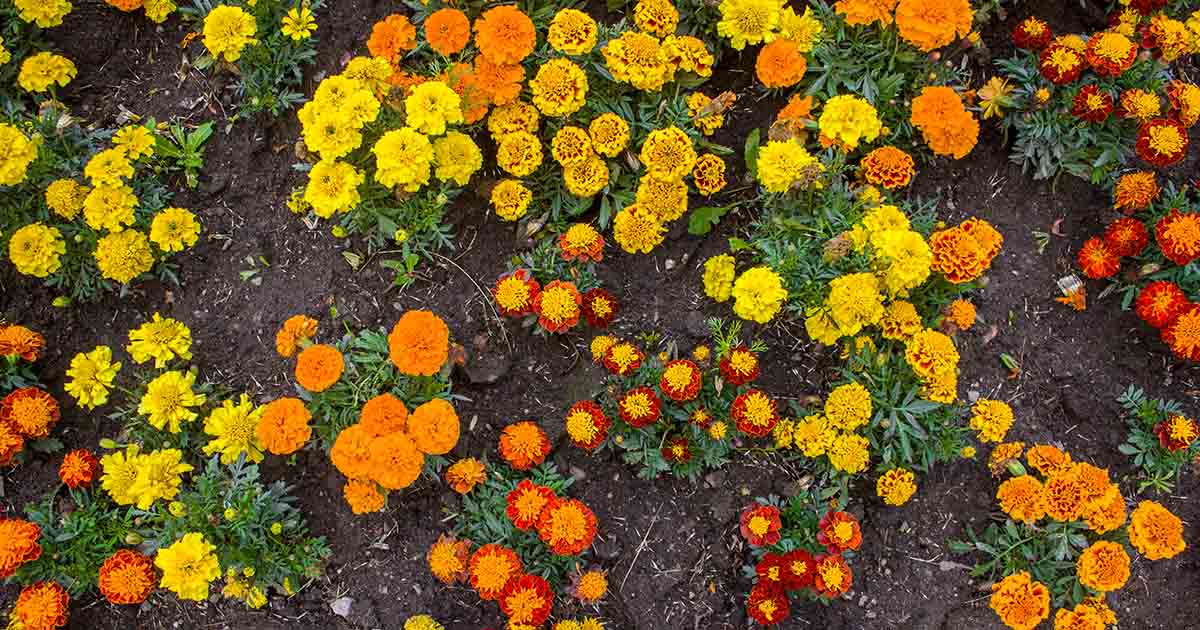Africa Seeds Review Exploring the Rich Diversity and Quality of African Seeds


Seeds are the fundamental building blocks of agriculture, carrying within them the potential for abundant harvests and sustainable farming practices. In recent years, there has been a growing interest in exploring the diverse range of seeds available from different regions around the world. One such region that offers a treasure trove of unique seeds is Africa. In this article, we will delve into the world of Africa seeds, examining their rich diversity, quality, and the immense potential they hold for agricultural development.
The Ecological and Cultural Significance of Africa Seeds

Africa is a continent renowned for its ecological and cultural diversity. This diversity is also reflected in the seeds that are native to this land. From the tropical forests of Central Africa to the arid savannahs of East Africa, each region boasts its own unique seeds that have adapted to the local climate and environmental conditions over centuries. These seeds not only contribute to the continent’s biodiversity but also hold significant cultural value for indigenous communities, who have cultivated and preserved them for generations.
Exploring Seed Varieties Across Africa
Africa boasts a vast array of seed varieties that encompass various crops, including grains, legumes, fruits, vegetables, and medicinal plants. Let’s take a closer look at some notable seed varieties found across different regions of Africa:
- “Nerica” Rice: Nerica rice is a hybrid variety developed through the crossbreeding of Asian and African rice strains. It exhibits desirable traits such as high yield potential, disease resistance, and tolerance to adverse weather conditions. This variety has proven to be a game-changer for smallholder farmers in West Africa, where it has contributed to increased food security and improved livelihoods.
- Cowpea Varieties: Cowpea, also known as black-eyed pea, is a highly nutritious legume widely grown in Africa. Various cowpea varieties, such as the “IT89KD-288” and “Sanzi,” have been developed to withstand drought, pests, and diseases. These resilient varieties have played a crucial role in combating hunger and malnutrition in arid and semi-arid regions of Africa.
- Baobab Tree Seeds: The baobab tree is an iconic symbol of Africa, known for its remarkable ability to thrive in harsh conditions. Baobab seeds are rich in nutrients and have gained popularity globally for their health benefits. They are used in various culinary preparations, such as smoothies, energy bars, and traditional beverages.
Conservation Efforts and Seed Banks
Preserving and conserving Africa’s rich seed diversity is vital for ensuring sustainable agriculture and food security. Several organizations and institutions have established seed banks and conservation programs to safeguard these valuable genetic resources. Notable examples include:
- Africa Rice Center (AfricaRice): AfricaRice focuses on rice research and aims to enhance the productivity and competitiveness of African rice farming systems. The center maintains a gene bank that houses a diverse collection of rice germplasm from different African countries.
- Bioversity International: Bioversity International works towards safeguarding agricultural biodiversity globally. In Africa, they collaborate with local communities and partners to conserve and use diverse crop varieties, including neglected and underutilized species.
Conclusion
Africa’s seeds offer a wealth of opportunities for agricultural development, biodiversity conservation, and cultural preservation. The diverse seed varieties found across the continent possess unique traits that make them well-suited for specific environmental conditions. Through efforts to conserve and promote these seeds, we can harness their potential to address food security challenges, enhance resilience in the face of climate change, and preserve Africa’s rich cultural heritage.


